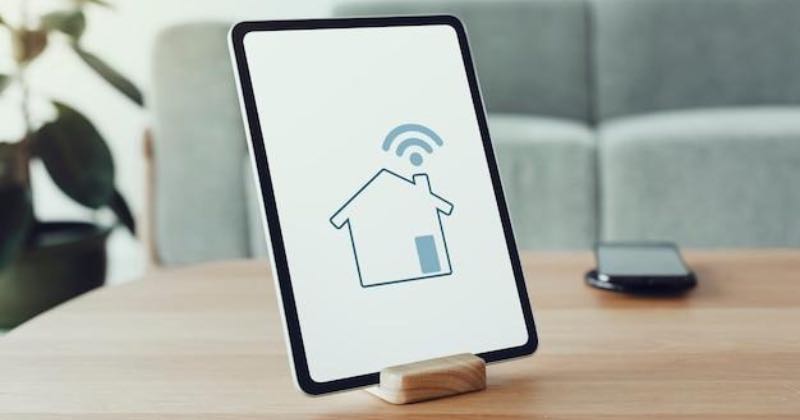In recent times, the surge in popularity of smart home technology has redefined the way homeowners interact with their living spaces. Propelled by technological advancements, individuals now wield the power to command various facets of their homes effortlessly through smartphones and other devices. From illuminating rooms and regulating temperatures to overseeing security systems, smart home technology not only bestows convenience but also instills peace of mind.
Elevated Convenience
A paramount advantage of smart home technology lies in the unparalleled convenience it affords. With a mere few taps on a smartphone app, homeowners can extinguish lights in unused rooms, fine-tune their home’s temperature, and even kick-start their coffee maker while nestled in bed. This commanding level of control not only enhances energy efficiency but also translates into substantial savings on utility bills.
Fortified Security
Another noteworthy boon of smart home technology is the heightened security it introduces. Smart security systems empower homeowners to monitor their abodes remotely, fostering a sense of reassurance. From video doorbells providing a visual of visitors to remotely accessible security cameras, these technological marvels act as an additional layer of defense against potential intrusions and theft.
Energy Efficiency Mastery
Smart home technology emerges as a stalwart ally in the pursuit of energy efficiency. Empowering homeowners to curtail energy consumption, it orchestrates a more sustainable and cost-effective dwelling. Remotely controlling lights, thermostats, and appliances ensures judicious energy usage.
Lights can be programmed to gracefully fade away when rooms lie vacant, and thermostats can intelligently adjust based on occupancy patterns – a constellation of minor adjustments converging into substantial energy savings.
Voice-Controlled Prowess
The advent of voice assistants like Amazon Alexa and Google Assistant further propels the convenience and accessibility of smart home technology. Homeowners can now orchestrate various facets of their abodes through effortless voice commands, simplifying the adjustment of settings and control of devices. From harmonizing music to dimming lights, voice control injects a new level of ease into the smart home experience.
Seamless Integration and Compatibility
Designed for synergy, smart home technology seamlessly integrates with an extensive array of devices and systems. Be it a smart thermostat, intelligent lighting, or a savvy refrigerator – these components coalesce into a cohesive smart home ecosystem. This integration facilitates centralized control and monitoring, allowing homeowners to oversee multiple devices effortlessly from a singular app.
Privacy and Data Security Vigilance
While the benefits of smart home technology are indisputable, a prudent consideration of privacy and data security is imperative. The perpetual collection and transmission of data harbor potential risks of compromising personal information. To assuage these concerns, homeowners must ensure that their smart home devices boast robust security measures, encompassing encryption and secure authentication protocols.
In Conclusion
Smart home technology not only amplifies convenience but also heralds a paradigm shift in how individuals interact with their living spaces. From bolstered security to refined energy efficiency, the possibilities are boundless.
As technology continues its relentless evolution, smart home technology is poised to ascend to greater heights of sophistication and accessibility. The allure of turning off lights from the cocoon of a bed or vigilantly monitoring homes during absences underscores the transformative impact of smart home technology.
By embracing this technological wave, homeowners not only elevate their quality of life but also contribute to a more sustainable future. The amalgamation of convenience and energy-saving features renders smart home technology an irresistible choice for modern dwellers.
Seize the benefits it bestows, embrace the future of home automation, and witness the evolution of living spaces into intelligent, responsive domains.




